More than 17,000 would-be buyers have registered to buy Sir Jim Ratcliffe’s rugged new off-roader, the Ineos Grenadier, which appeared for the first time in public at London's Concours of Elegance last week.
Talking at the event, commercial director Mark Tennant revealed that expressions of interest for the vehicle were running well ahead of expectations, although he cautioned that not all would evolve into full sales. "We've set targets and we've reset targets as we've eclipsed them before we expected to, but we are acutely aware that we have a lot more work to do, and a lot more to prove before people will commit to buy," he said, acknowledging the extended amount of time through to the late 2021 launch date for the car.
Ineos bosses have long said that the project will be profitable if it can achieve 25-35,000 annual sales, and Tennant revealed that the firm is planning to reveal its spec offerings and sales channels for the vehicle shortly. "We want to keep the product offering simple - there won't be long options lists, although we will look at accessory packs that group lots of options together," he said. "We also hope to encourage the aftermarket to to take the car on and offer degrees of personalisation if that's what they want.
"Sales-wise, we'll make some announcements soon. It is fair to expect a high degree of digitilisation in that process - we certainly expect every customer to transact through us, even if the sale is facilitated through a dealer. How we build out a network of physical sales points is also at the planning stage, although I think you could read a lot into how we have approached the rest of the project with partners. We aren't going tobe able to go out there and match Toyota alone, for instance; we need to set up a global network cleverly."
At the Concours of Elegance the Grenadier was parked up next to the collection of historic off-roaders that make up Ineos' own private fleet, including an original Mercedes G-Wagen, a Toyota Land Cruiser FJ40, a Willys Jeep and the earliest known production example of the original Land Series I.
Ineos designer Toby Ecuyer said: “At the outset of the Grenadier project, we brought some of the great 4x4s of the past into the studio to look closely at what made them so enduring. And now, it’s fantastic to see Grenadier in the company of these legends.
"You can see common design traits and proportions, and certainly the same clarity of purpose. I think the Grenadier sits very naturally among these 4x4 icons, and if others agree, then we’ve achieved our design objective.”
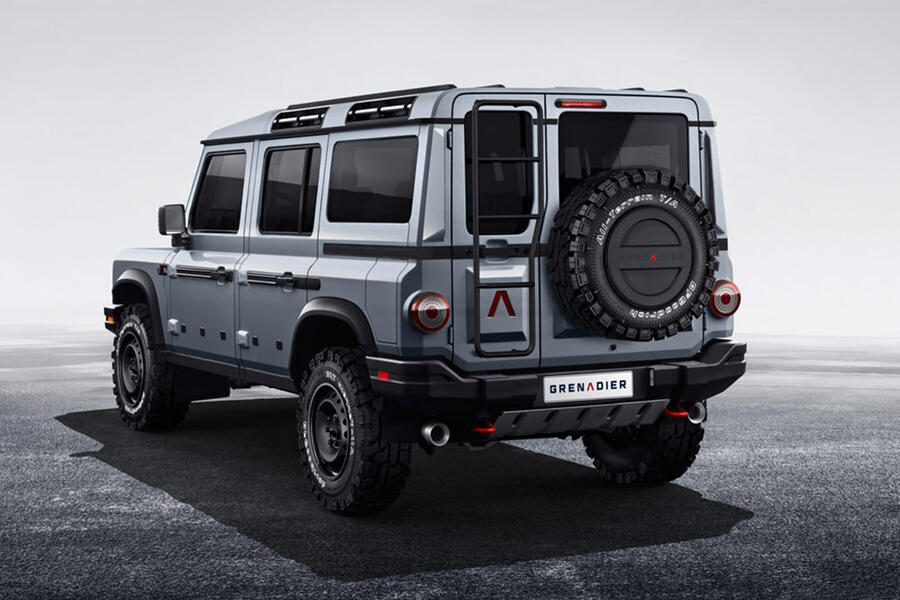

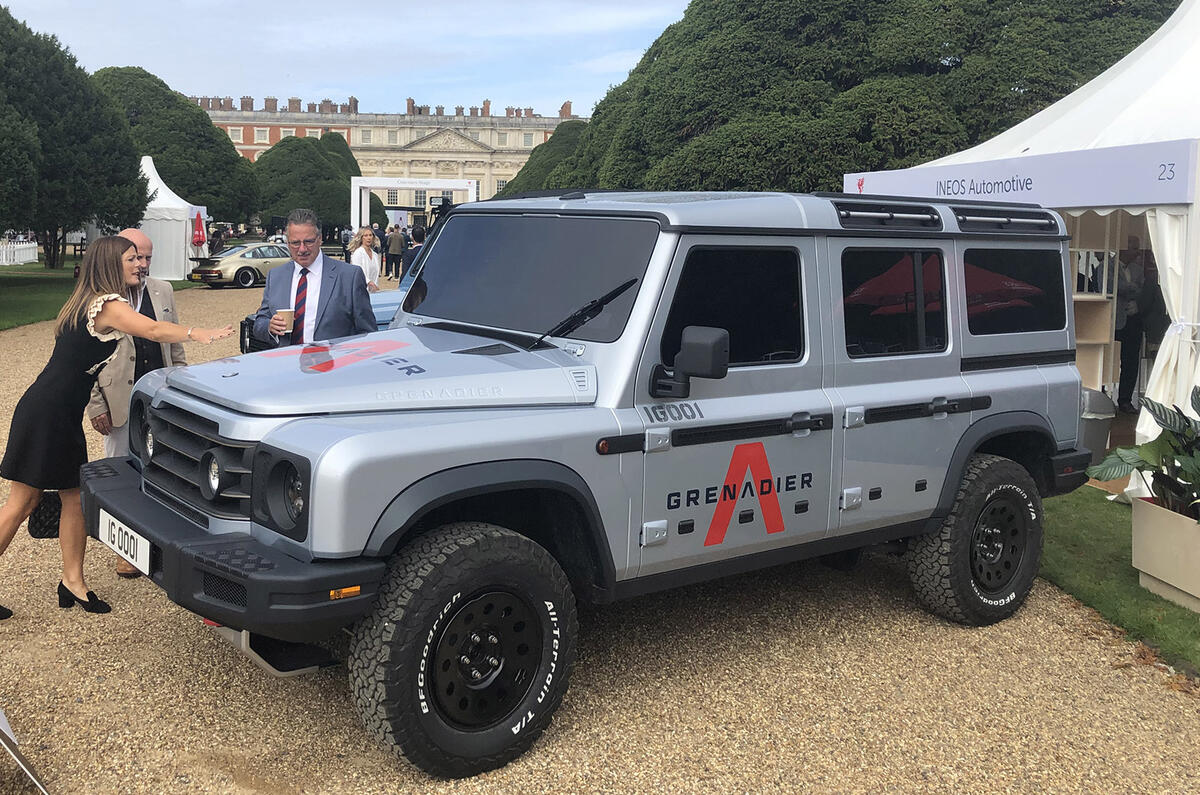
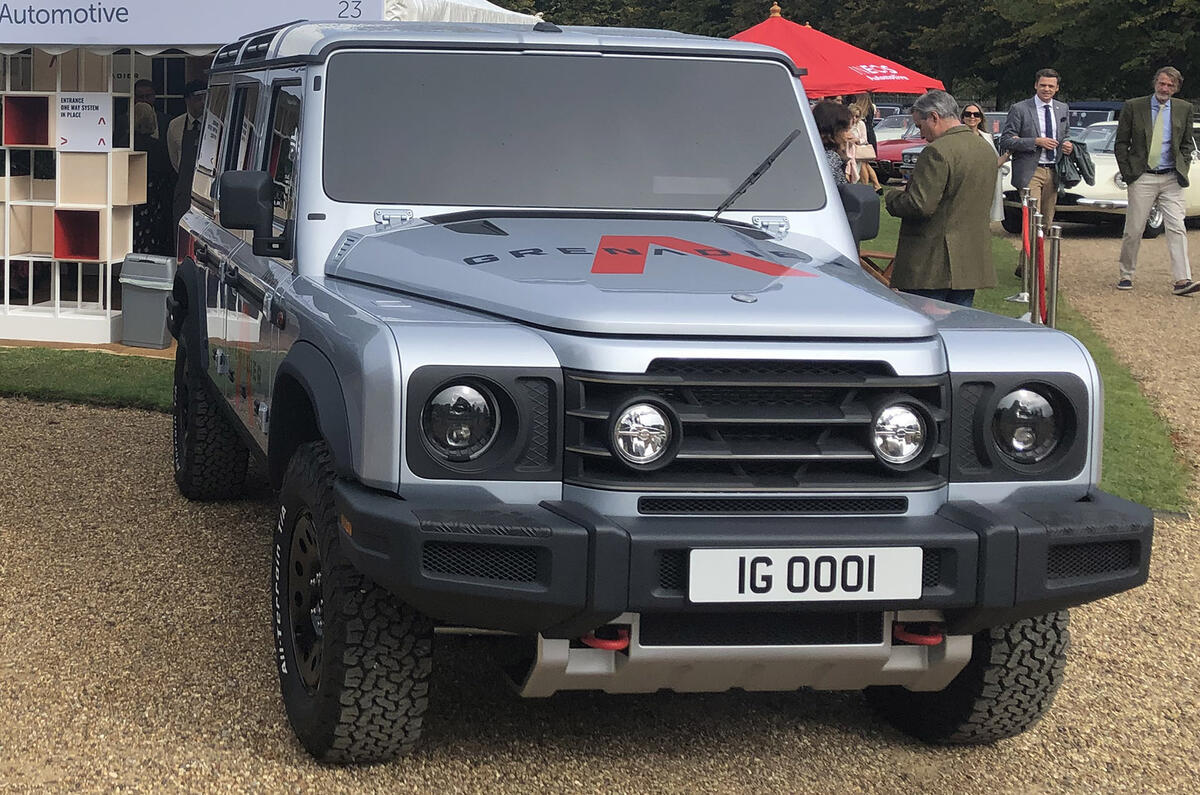
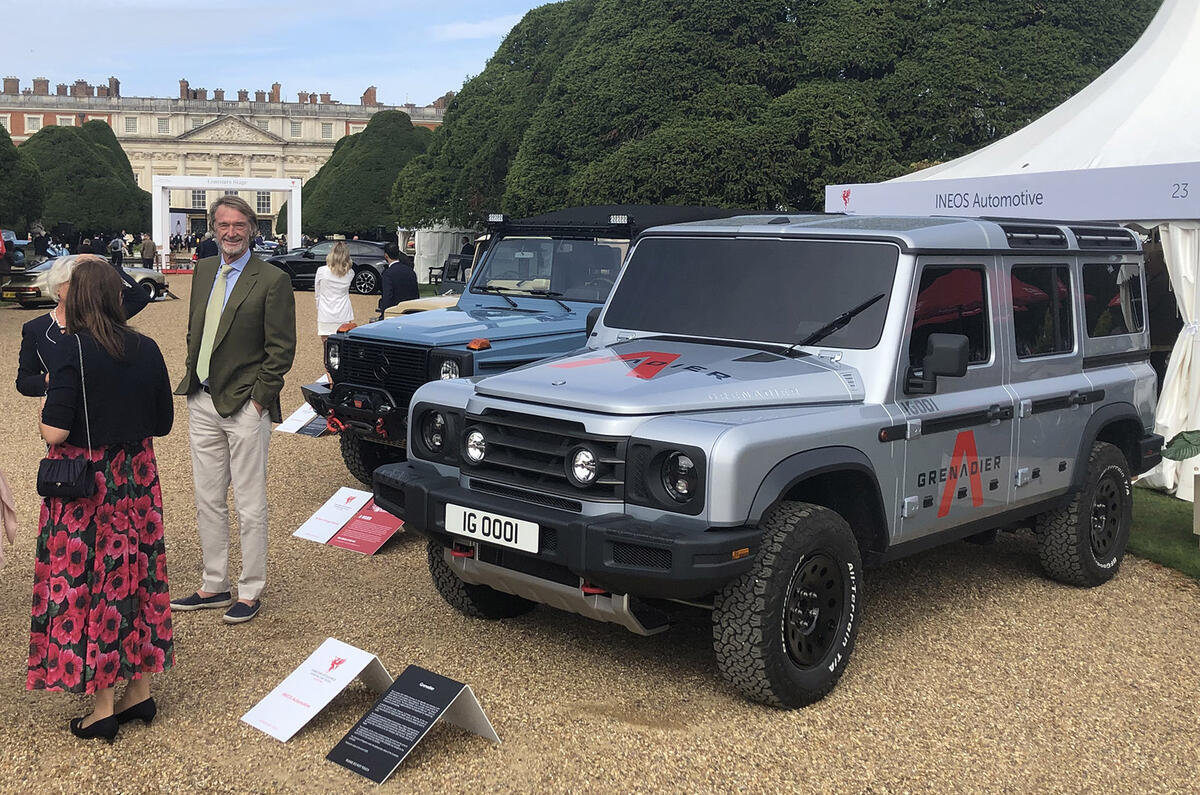
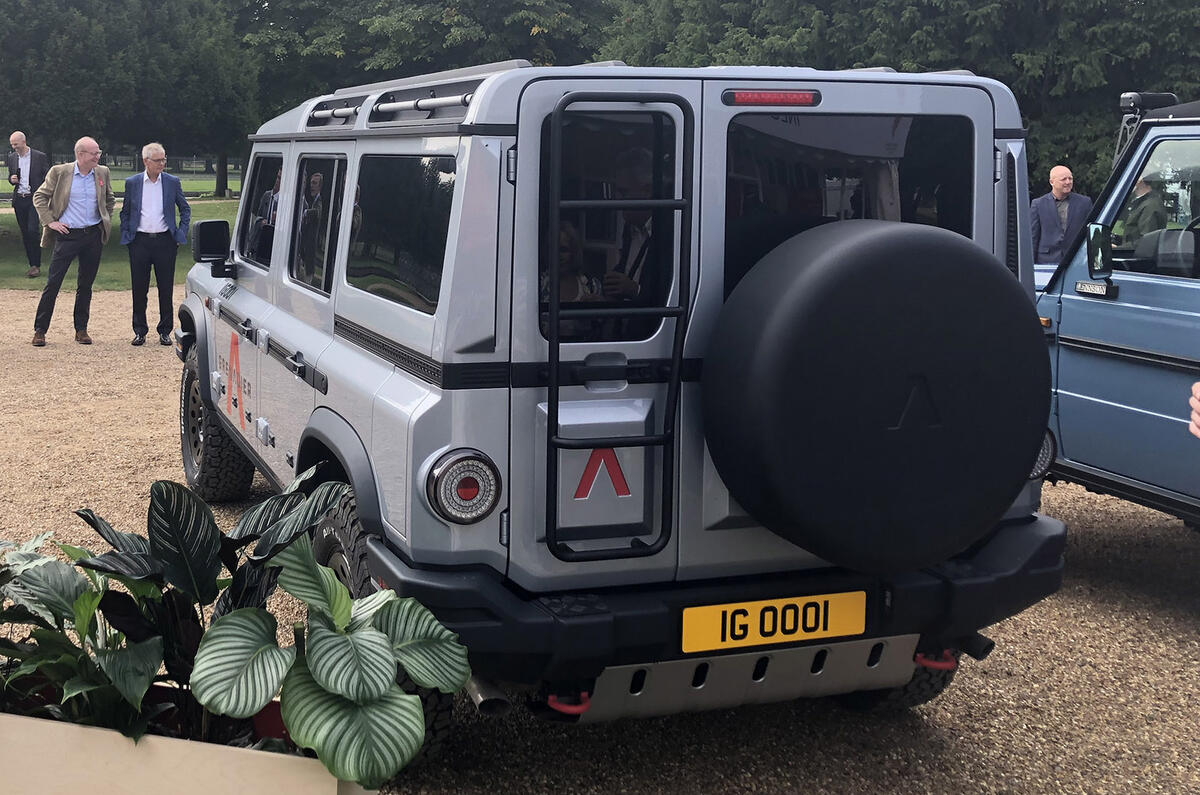
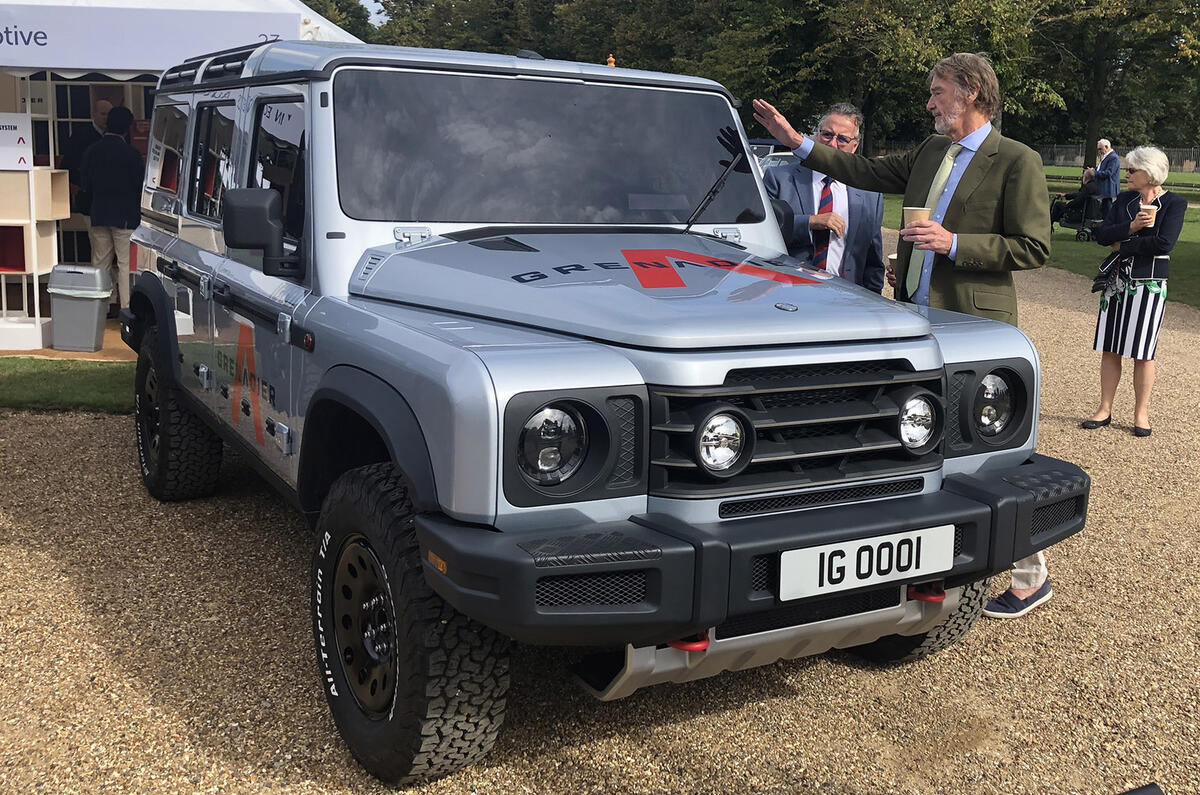
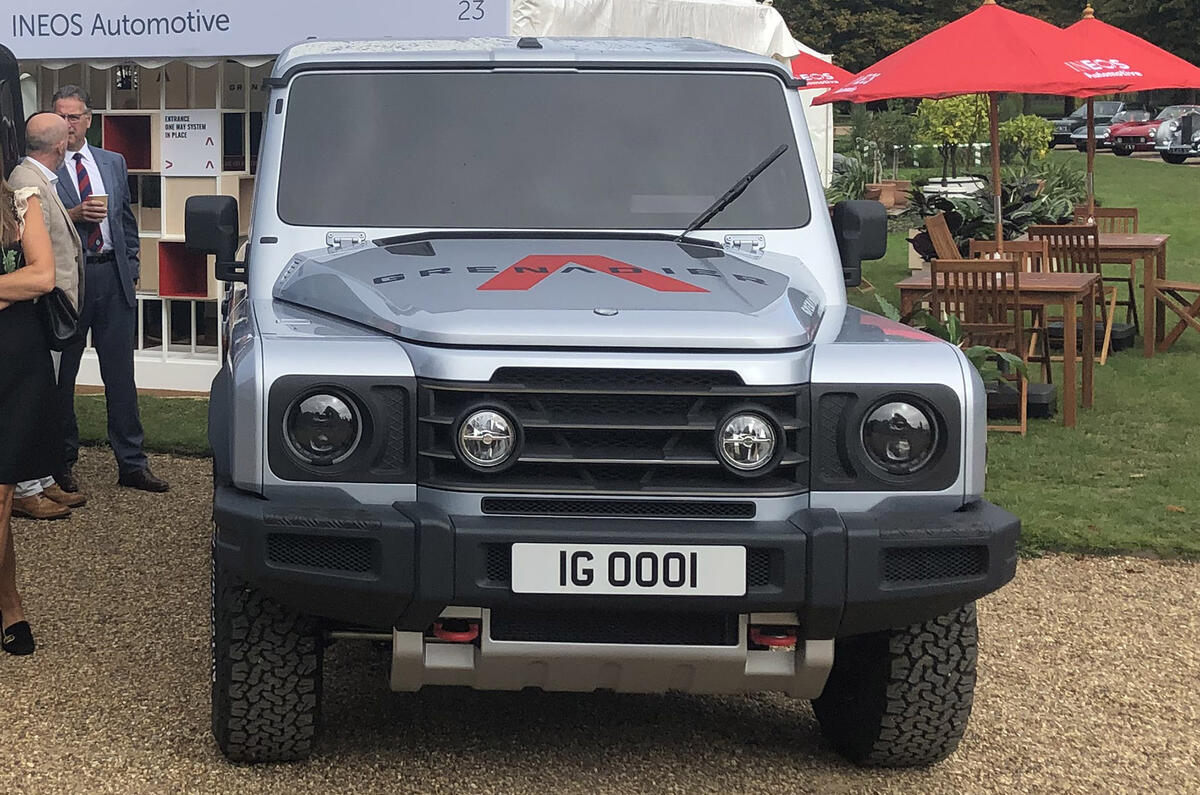
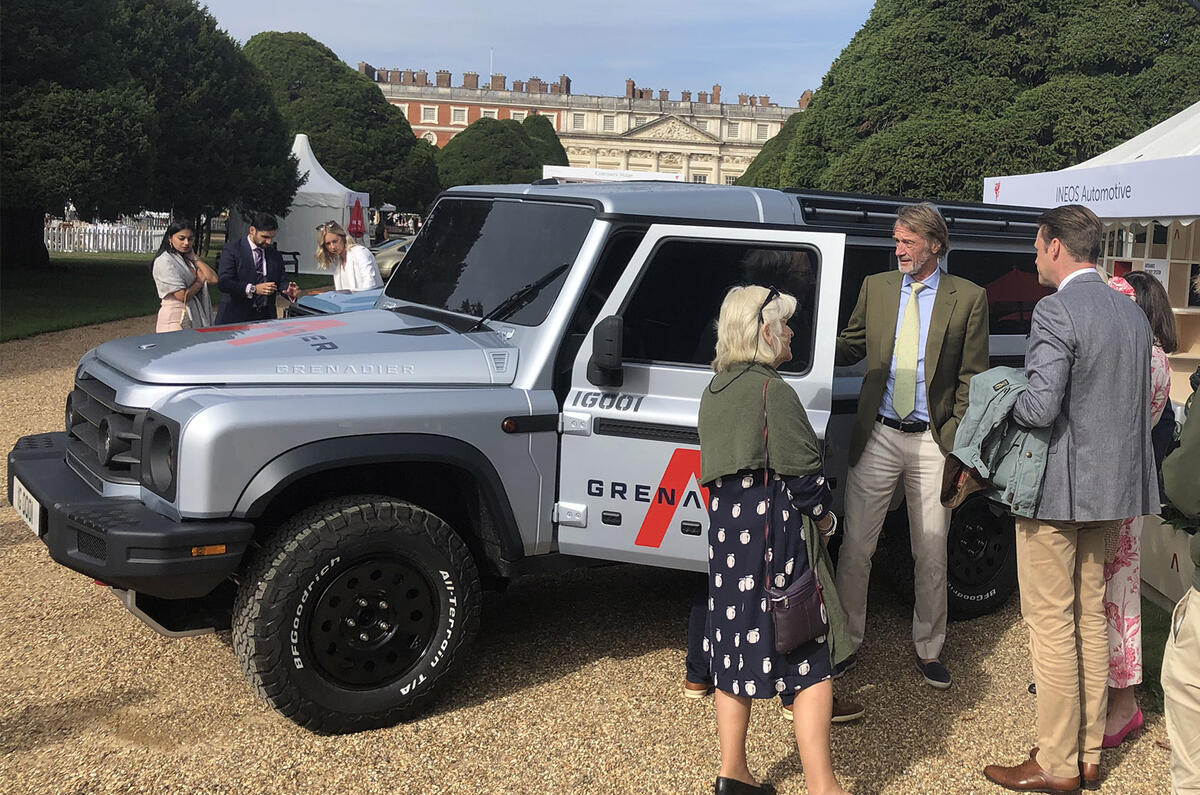
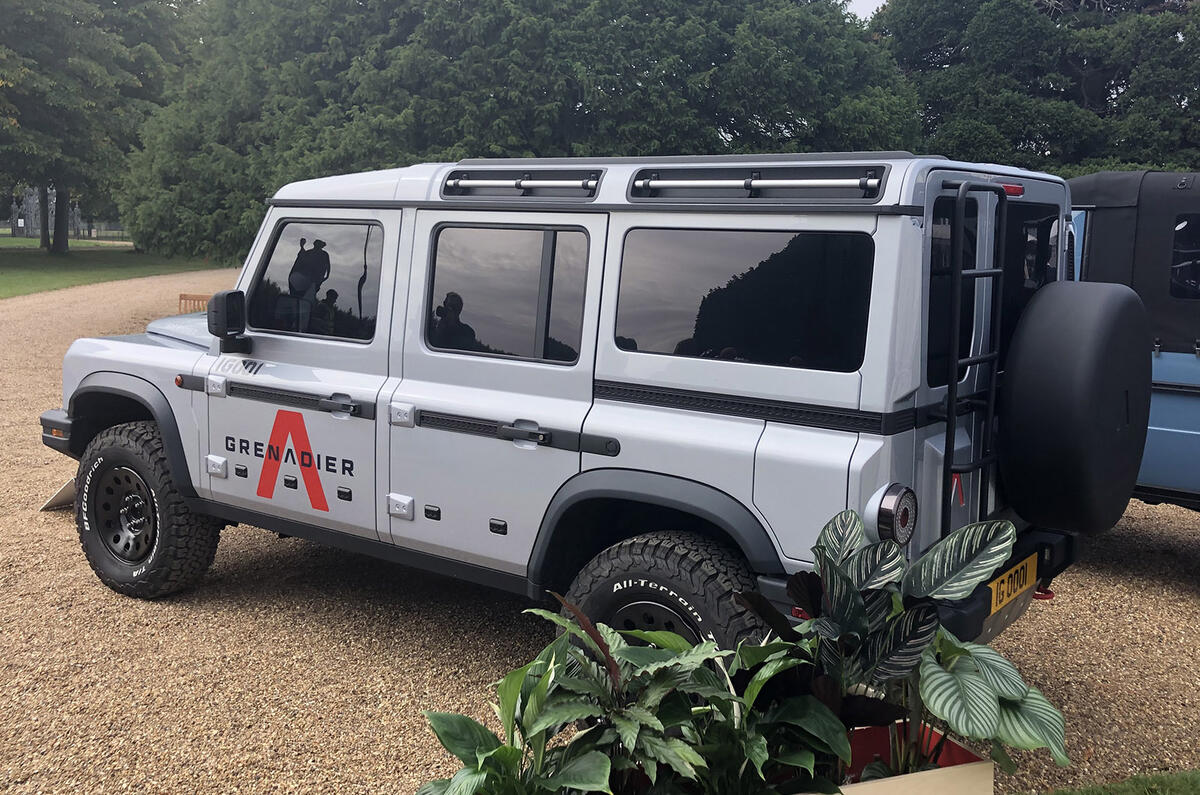
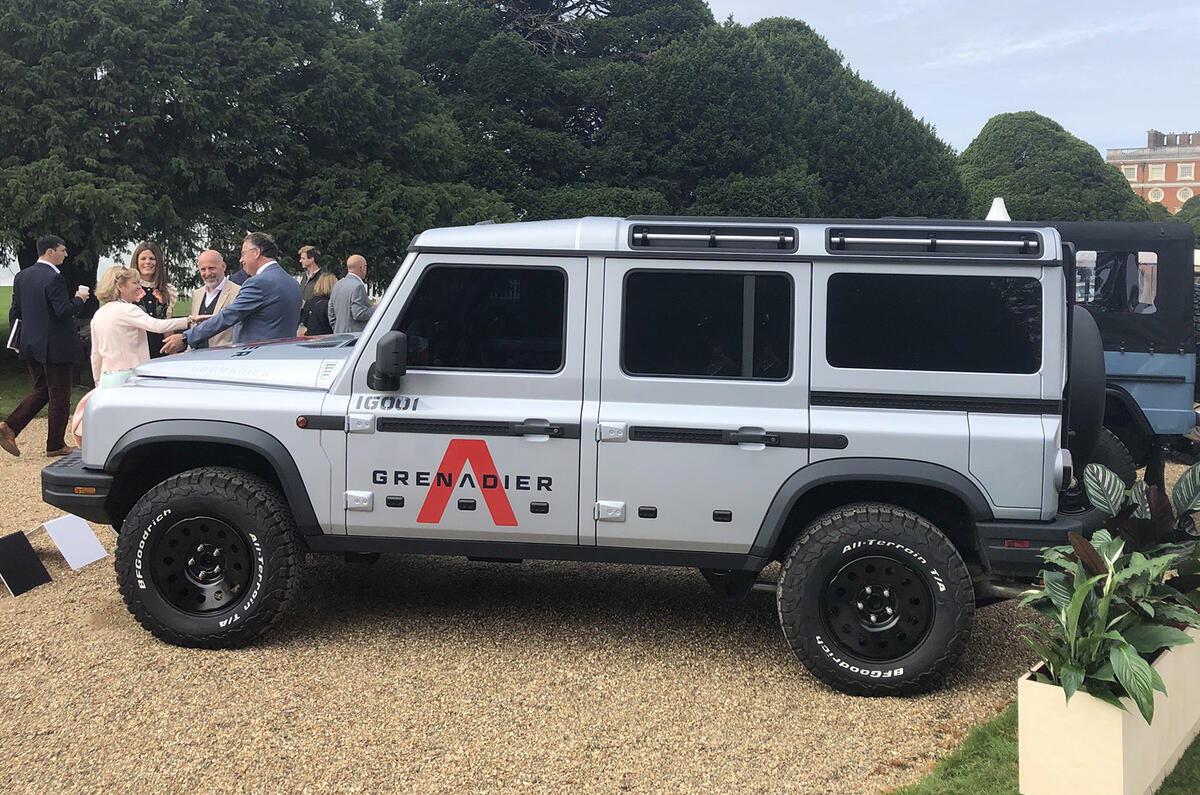
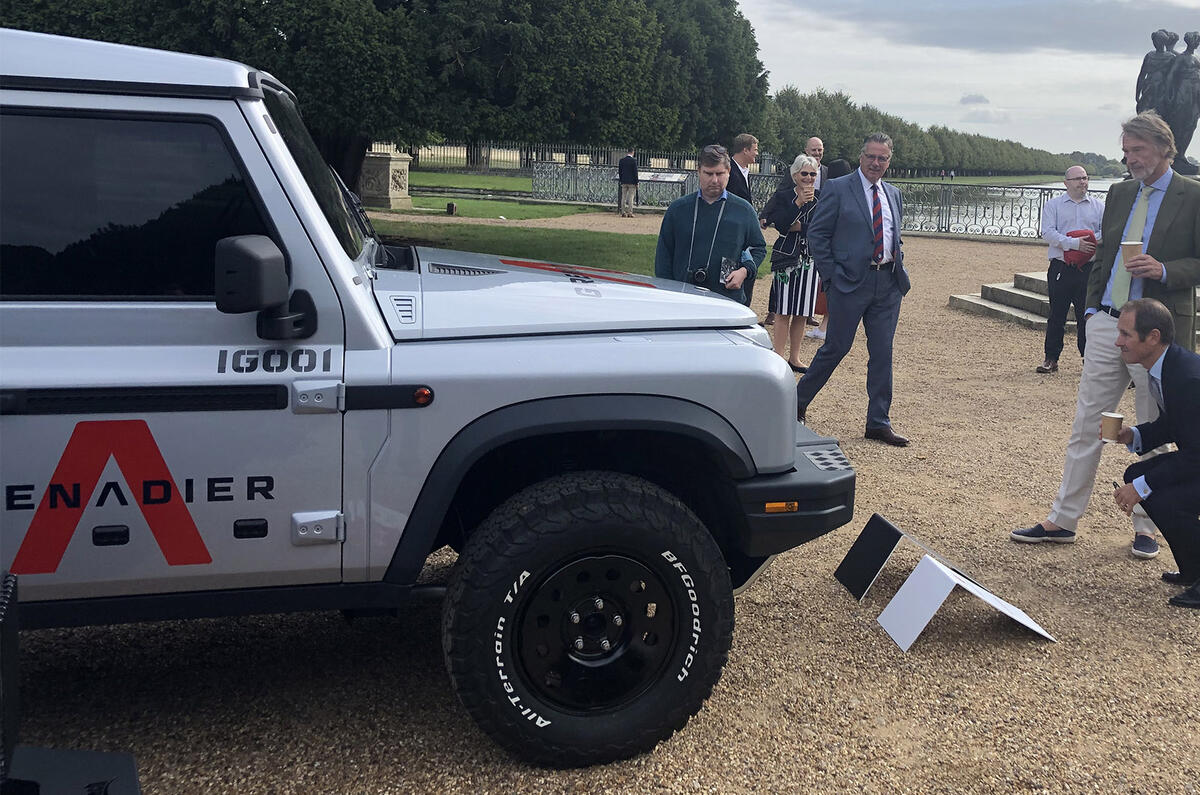
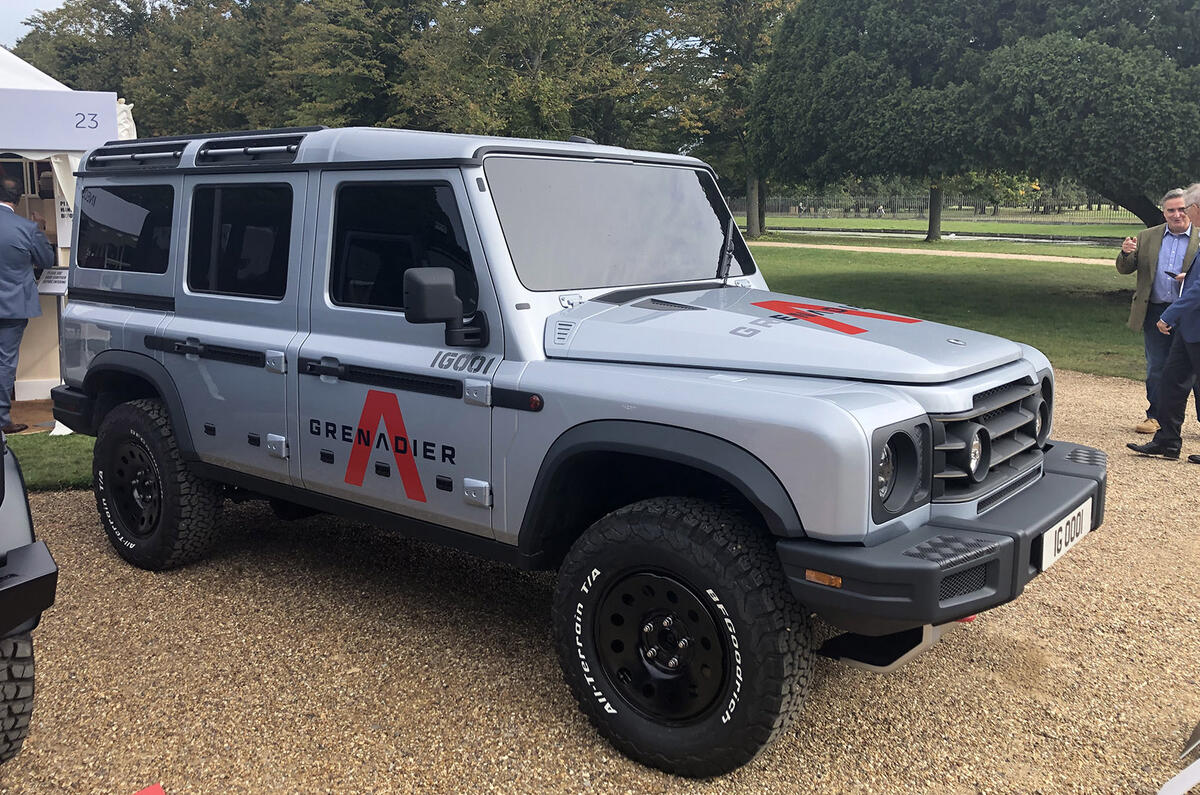
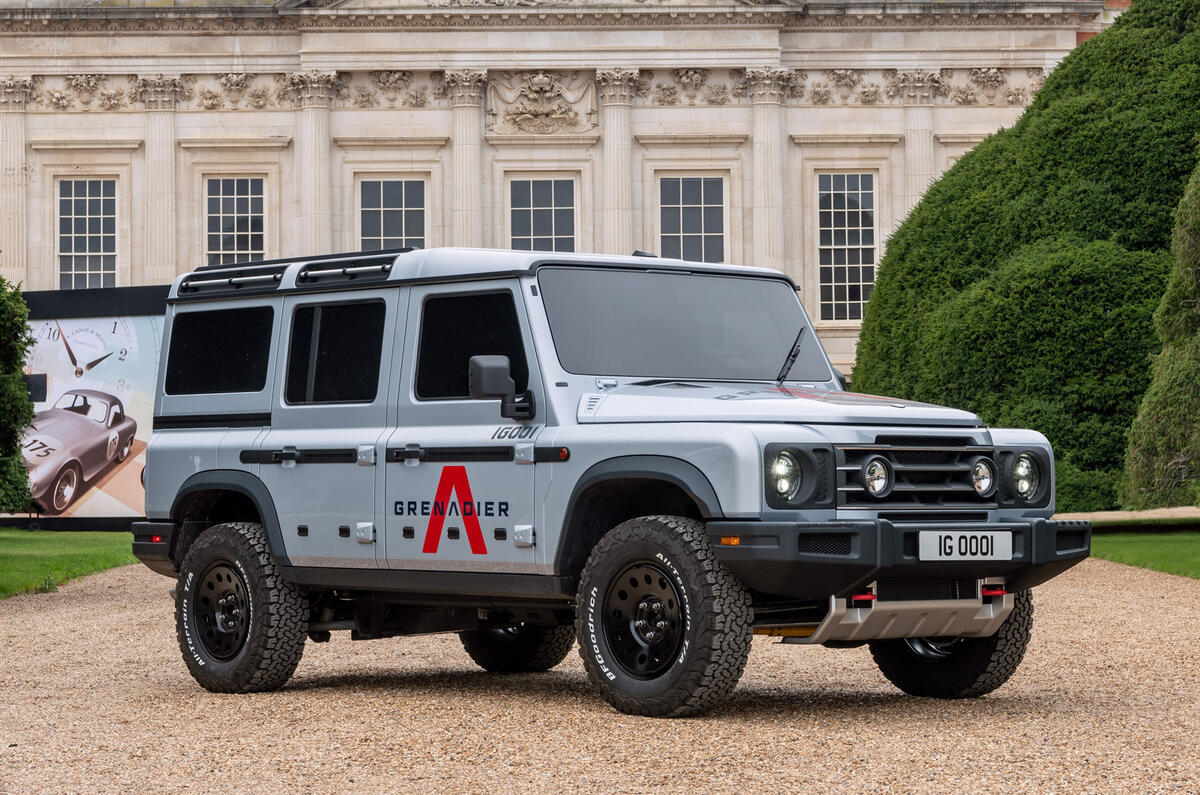
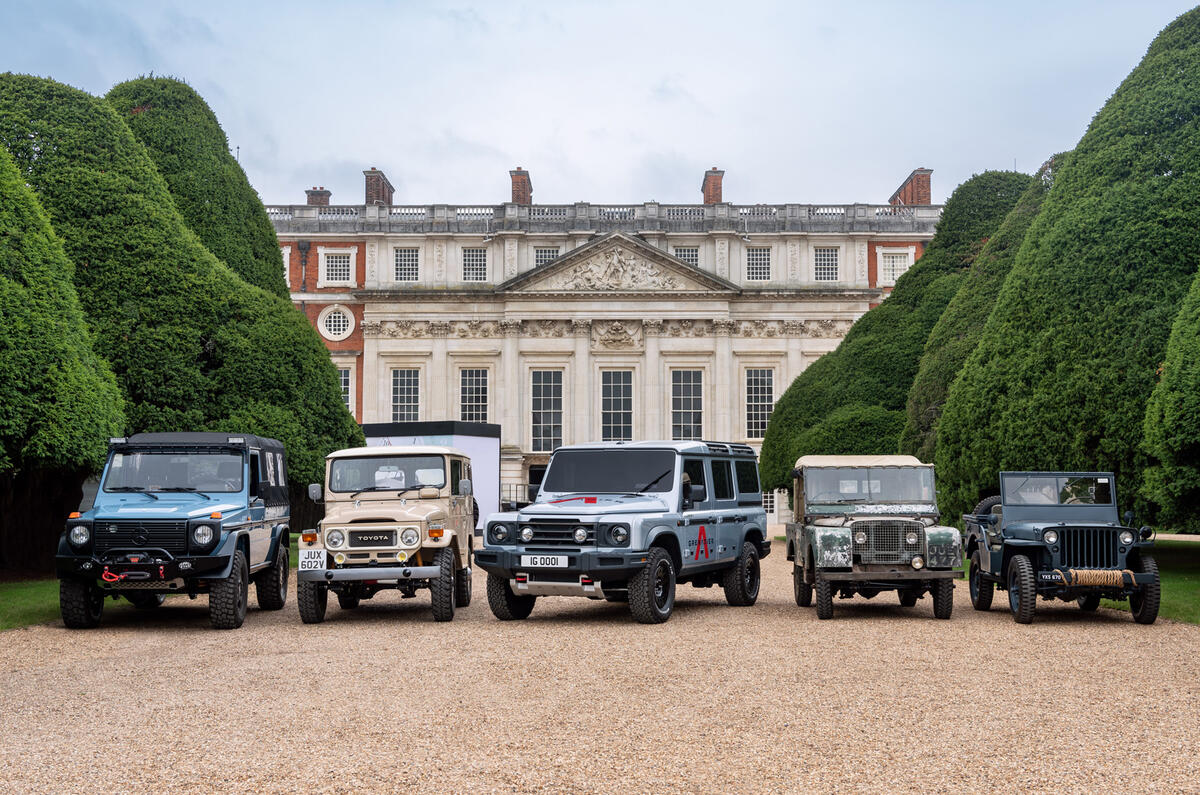
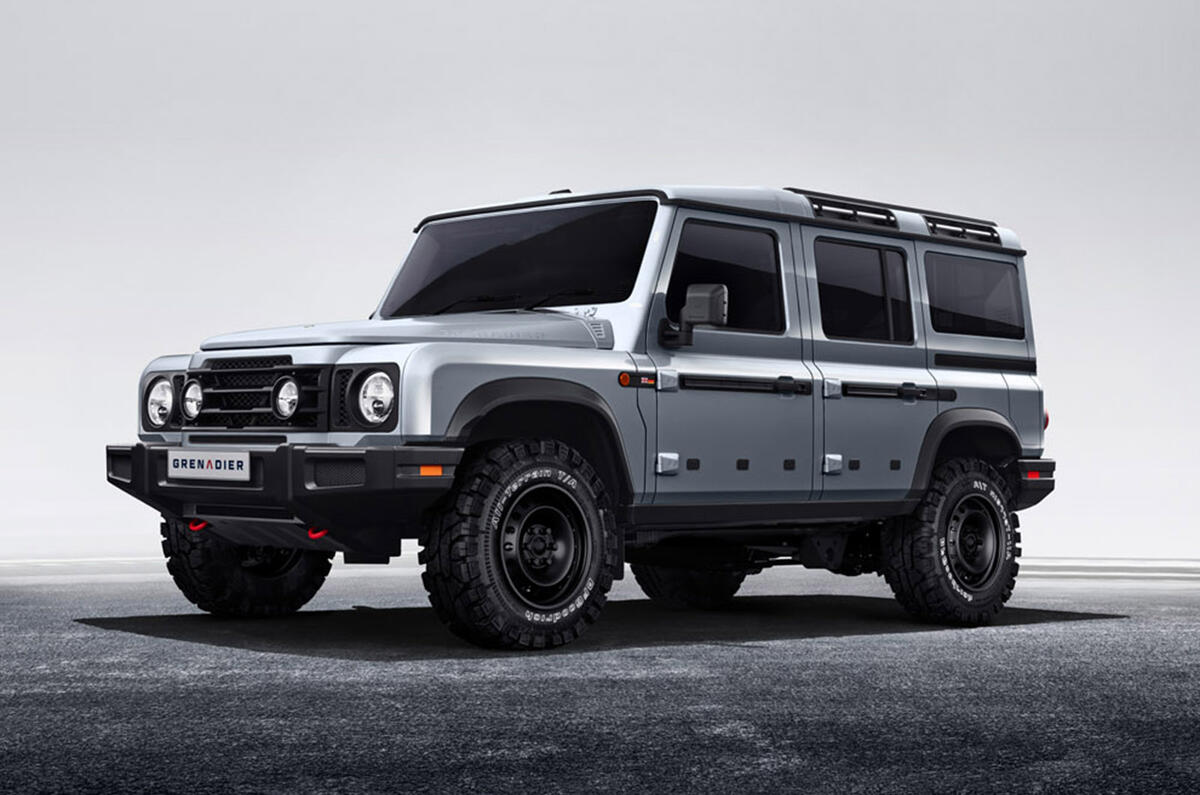
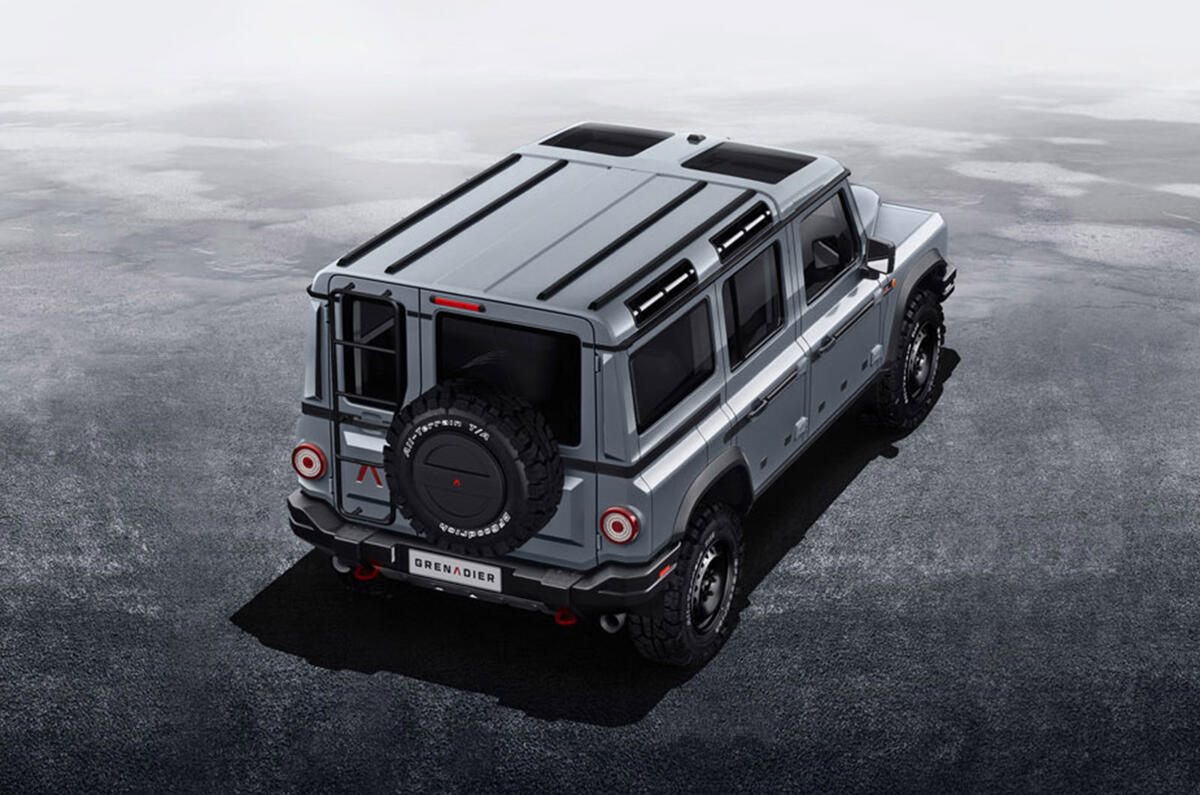
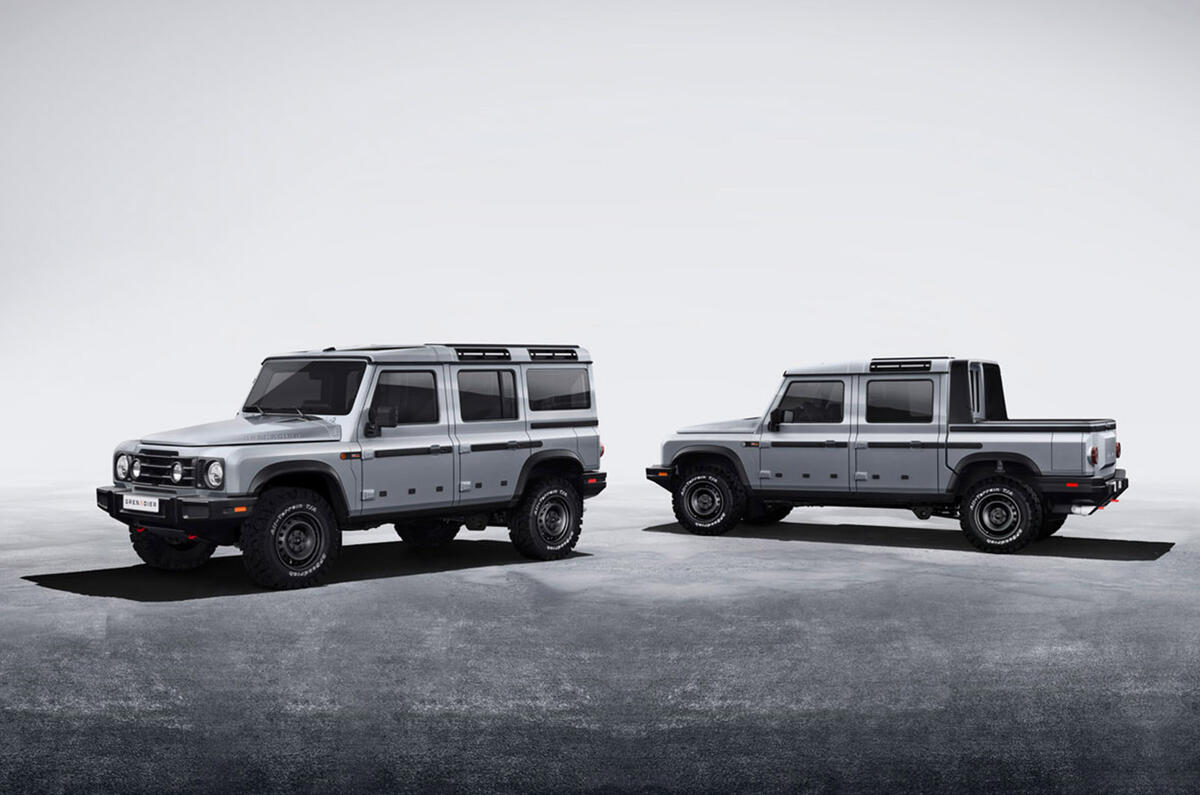
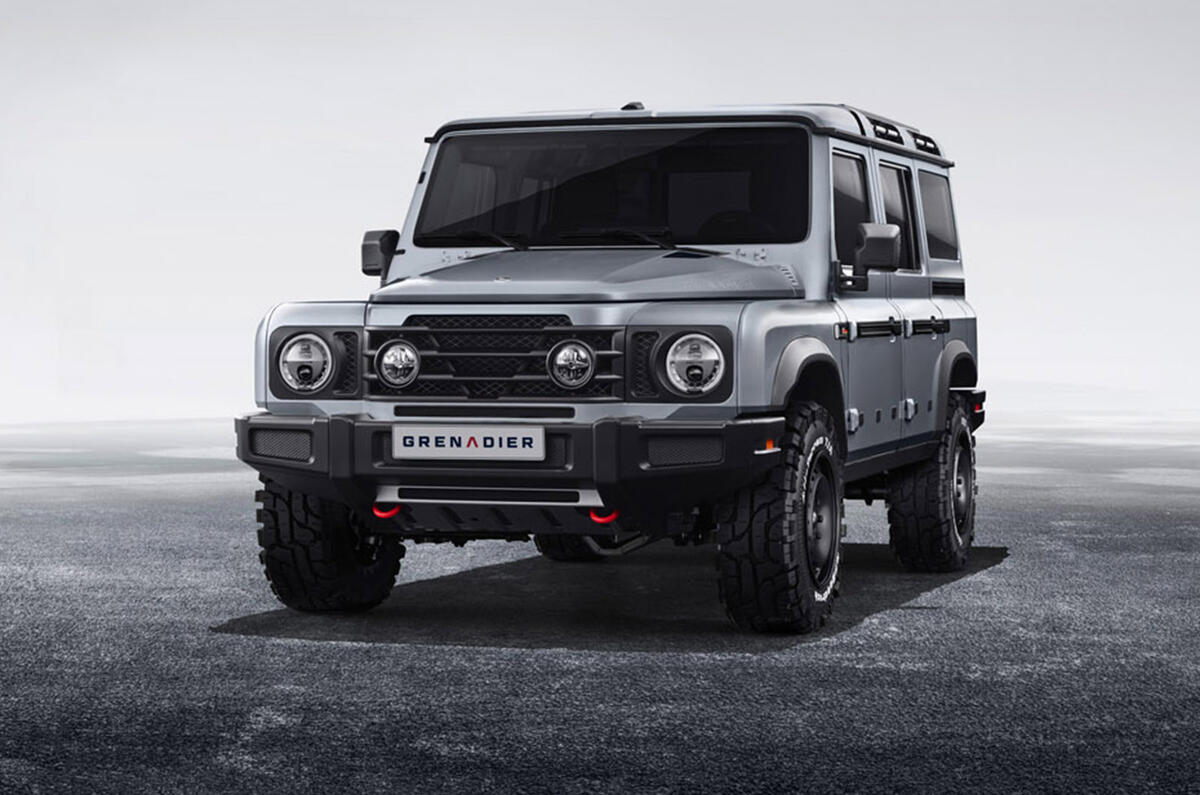
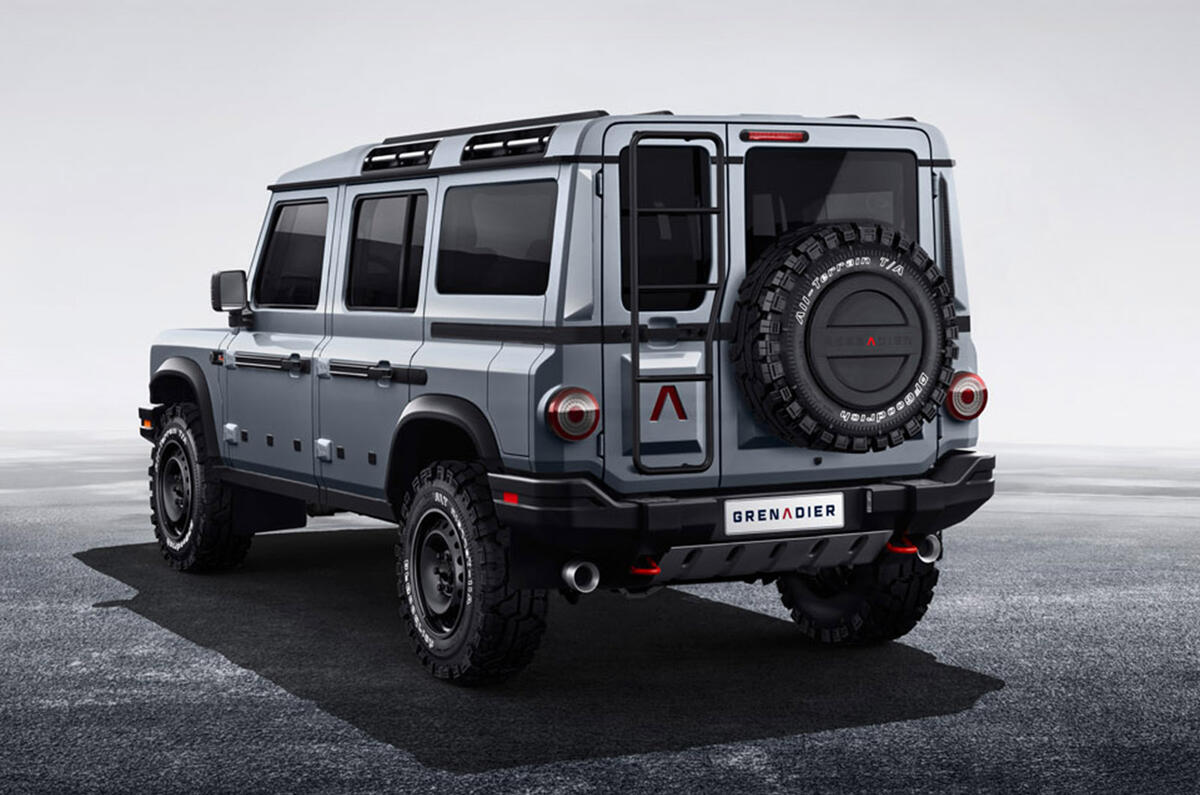
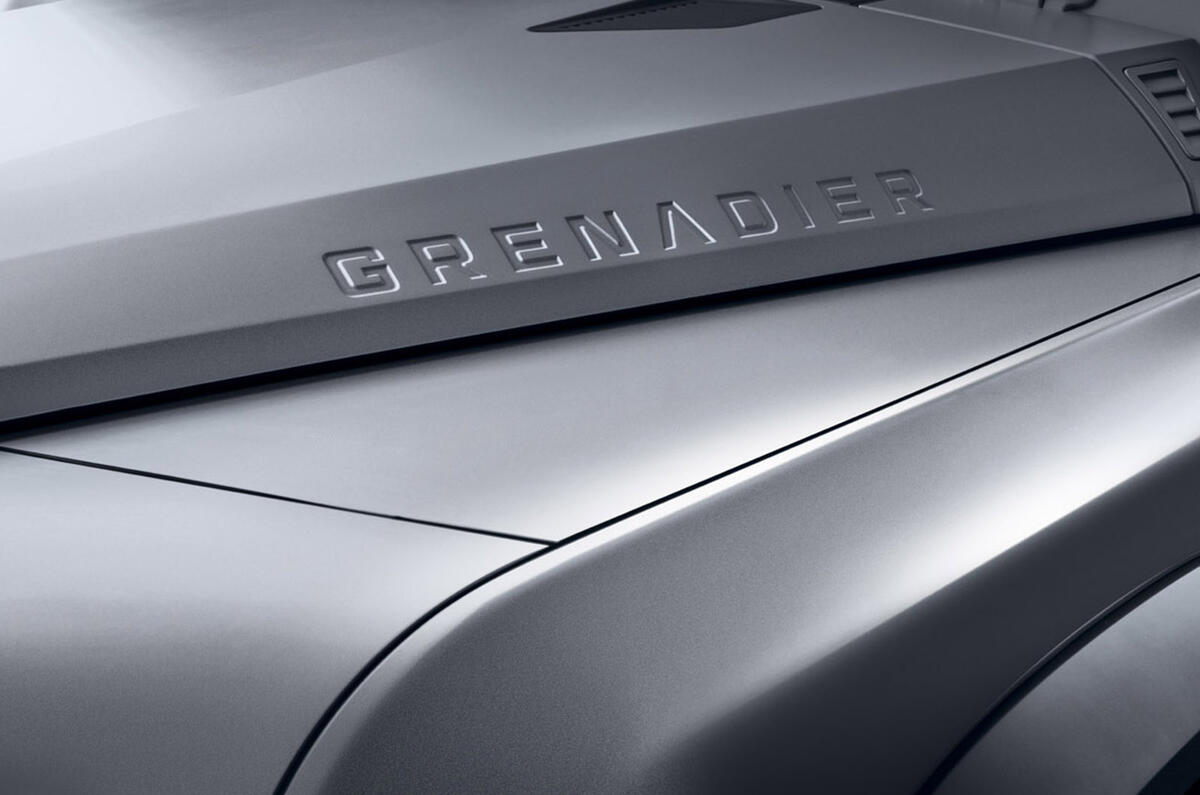
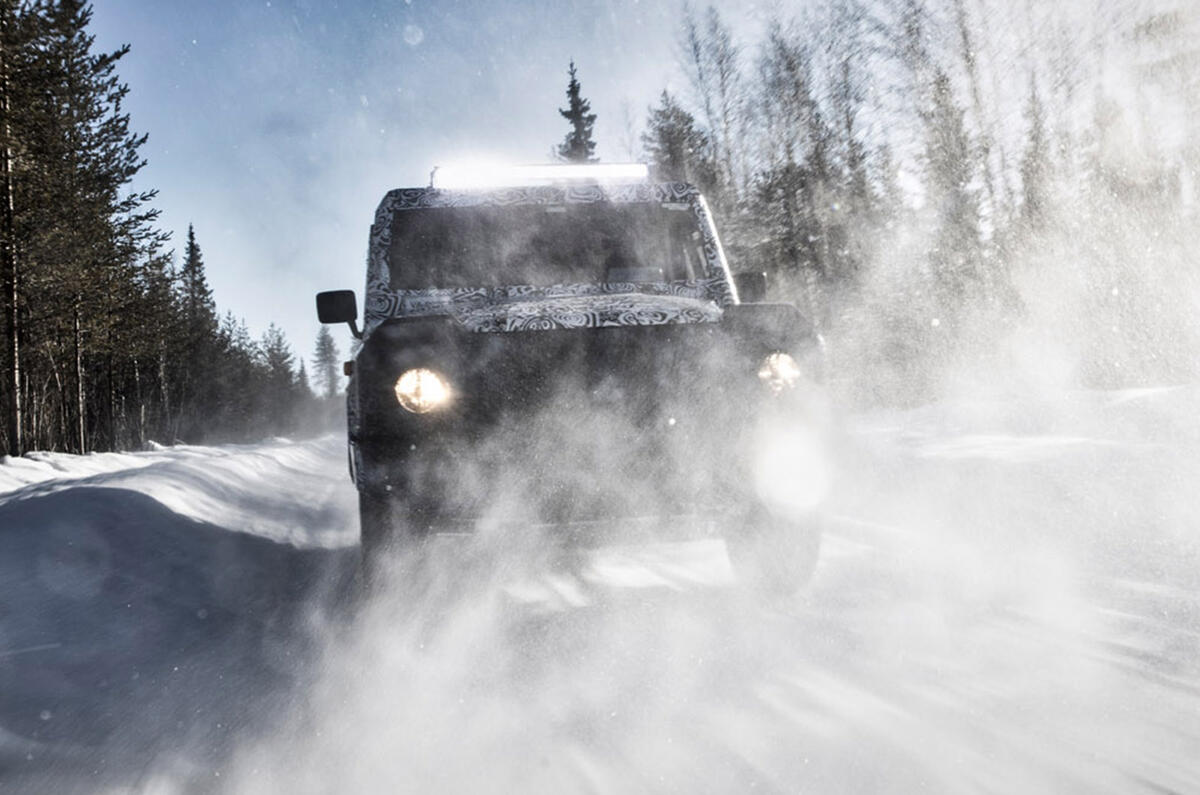

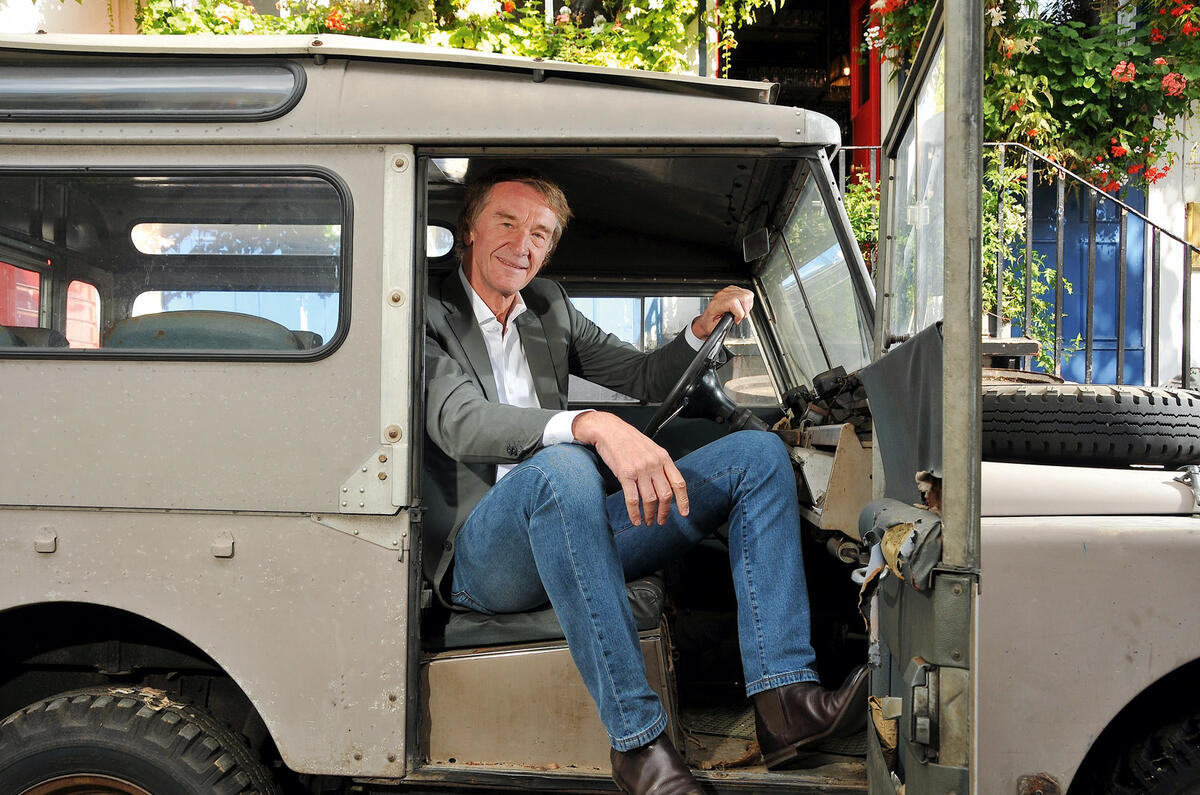
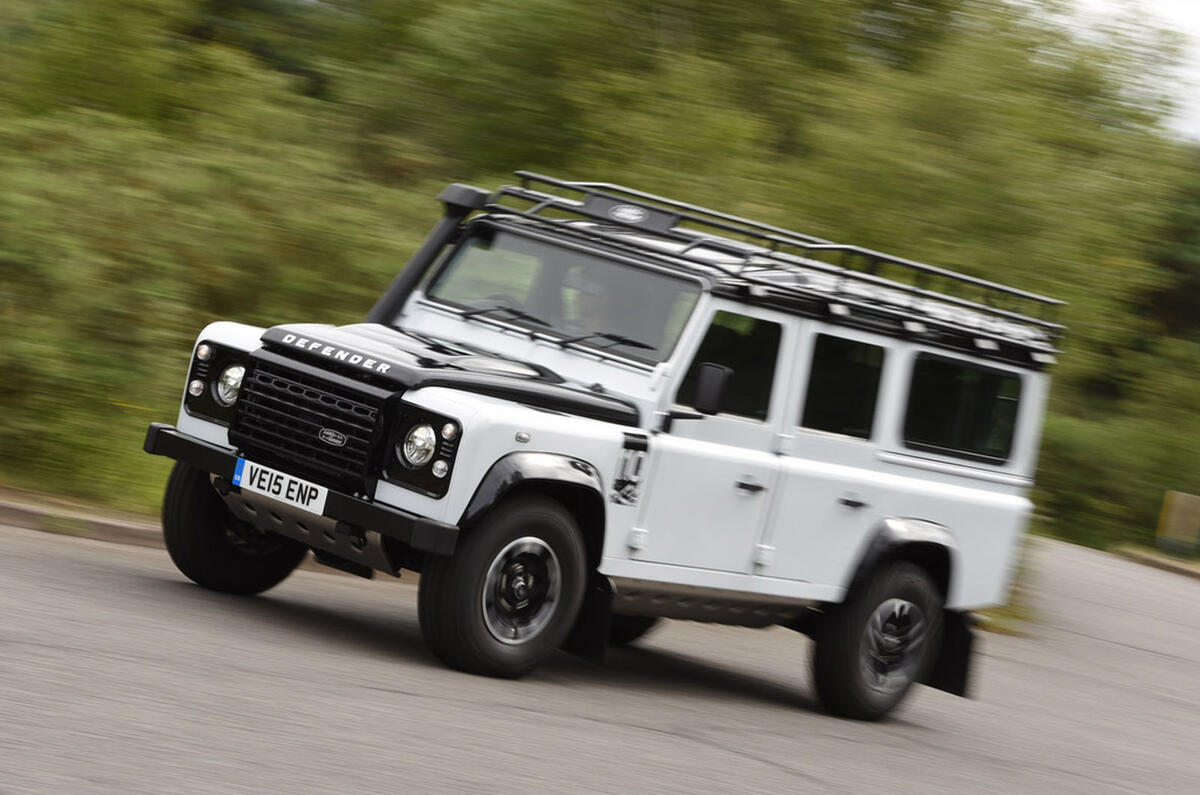

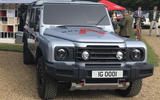
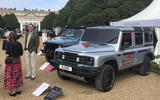

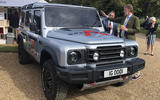
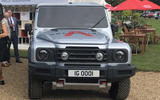
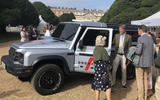
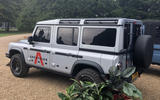

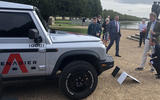
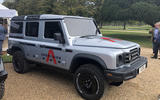
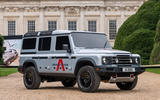

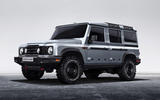
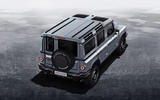
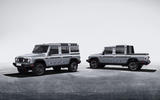
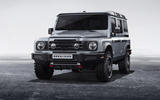
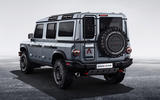
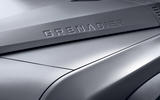



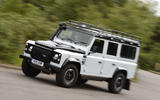


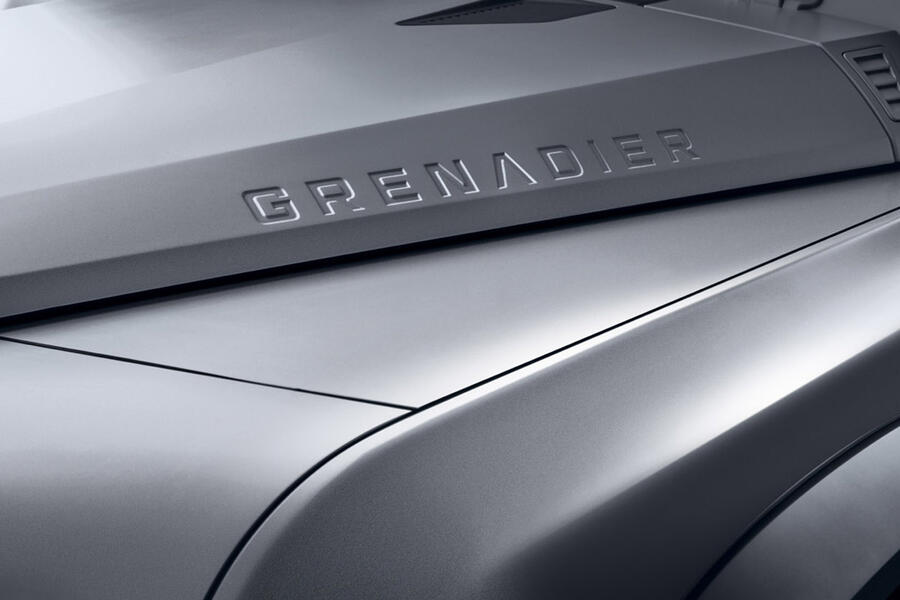

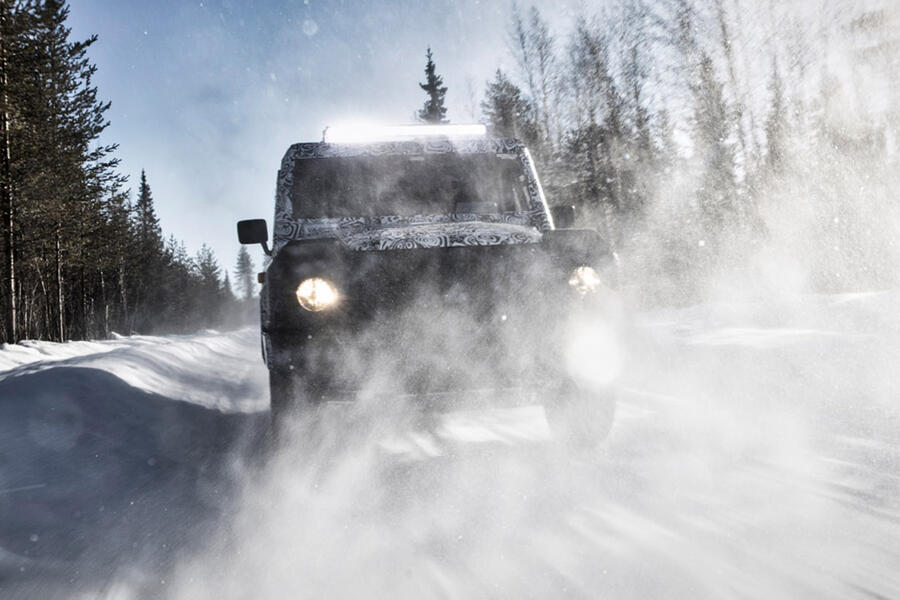







Join the debate
Add your comment
Here is where retro, homage,
Here is where retro, homage, tribute (all very fine sentiments) become subservience, slavish imitation, shameless appropriation (ethically and aesthetically the lowest of the low)
It's a previous Generation Defender
It's a cut and paste old defender, amazed they haven't been done for copyright infringement!
If this is a good vehicle
If this is a good vehicle then I half wonder if Land Rover might be wise to offer INEOS a deal for a 50% share of the company. They could then market this as the Land Rover Defender Classic and sell it through their global dealer network. My sense is it wouldn't steal sales off the Defender anyway. From an INEO perspective it would also allow them to sell the car into the USA where I understand Land Rover's copyright on the Defender will stop them from selling it. Lastly INEOS could avoid building a car factory and just build this in a Land Rover factory.
Maybe JLR should swallow their pride on this one and just roll with it? It would be a low risk acquisition and give them a partner for a low profit vehicle which they can't really justify making on their own.
TStag wrote: